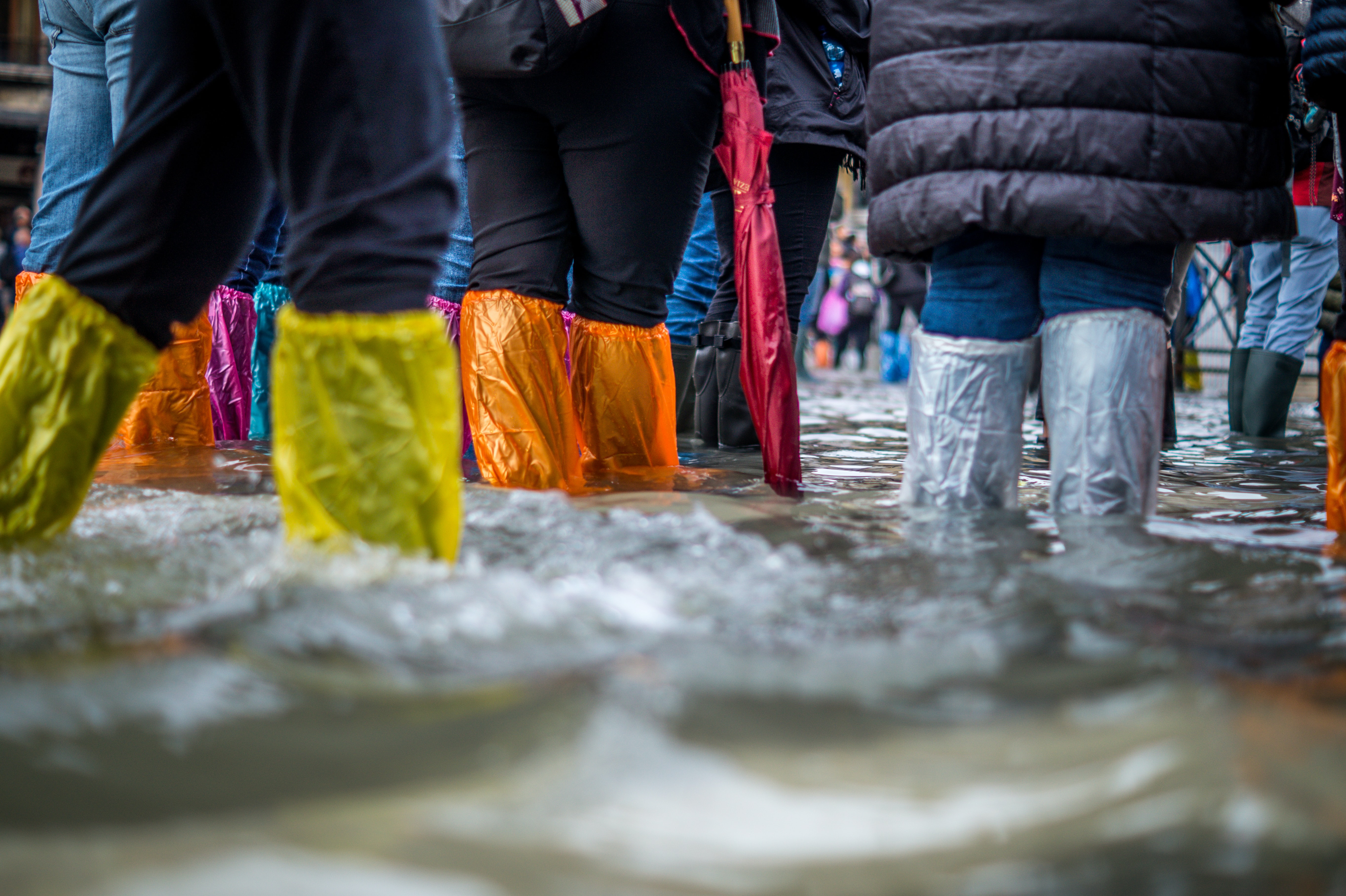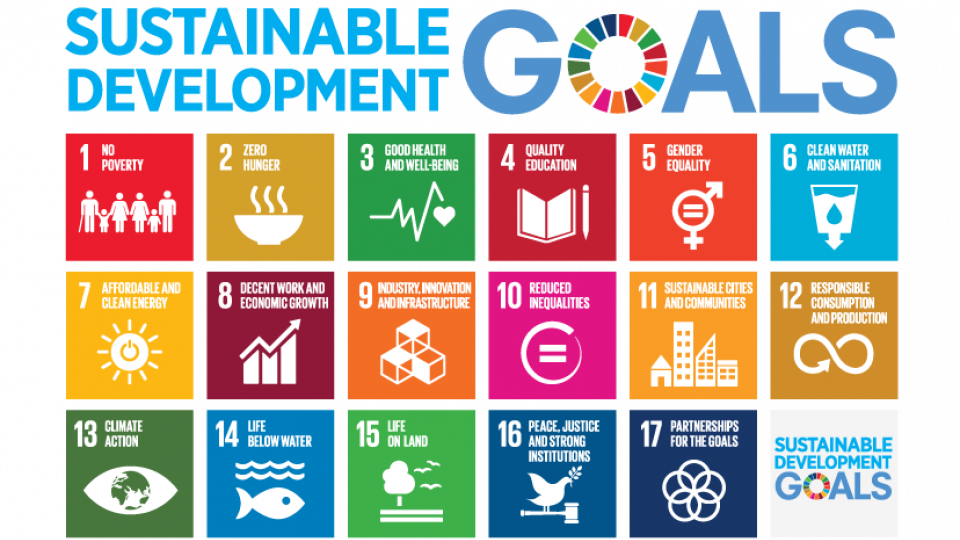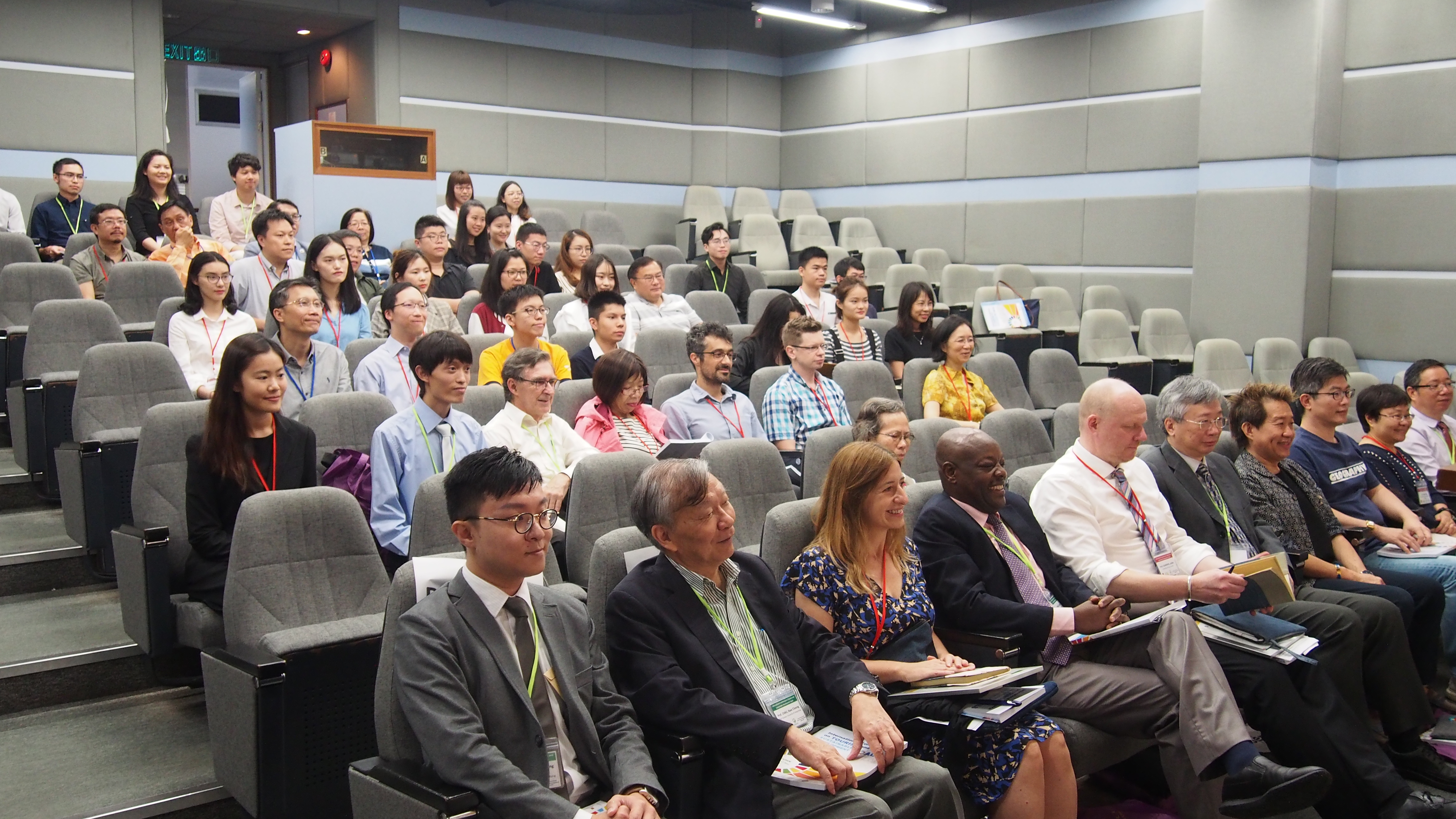Sustainable Tourism and Global Crisis
In a world with increasingly uncertainties, natural hazards and man-made catastrophes have caused varied scales of disasters to human beings. Having the nature of experience-based activities and an environment-human interrelationship, tourism is one of the most vulnerable industries and areas of development. Different forms of crisis would bring about economic and structural impact on tourism and all its participants, leading to the wider social impact far beyond tourism but a key concern for the international community. Having said that, tourism has proven in the past to be a reliable partner to lead recovery for societies and communities, but only if all the stakeholders in public and private sectors, and other relevant agencies could develop a strong sense of responsibility and collaboration.
According to the UNWTO, tourism is one of the hardest hit economic sectors by the COVID-19pandemic in terms of a decline in international tourist arrivals and risk of losing millions of direct tourism jobs. Nevertheless, tourism is an important area of economic activities that facilitate to mitigate the socio-economic impact of COVID-19. The COVID-19 crisis has demonstrated the need to strengthen the resilience and the inclusiveness of the tourism sector through unity and cooperation among tourism stakeholders across local, regional, national and international levels. This global crisis is an opportunity to rethink how tourism interacts with our societies, other economic sectors and our natural and cultural resources and ecosystems, to measure and manage it better, ensuring a fair distribution of its benefits, to advance the transition towards a carbon-neutral, more resilient and inclusive tourism economy.
Tourism scholars and researchers are particularly indispensable in supplying knowledge that guides the response of the tourism sector to the COVID-19 crisis and to build the foundations for future resilience and sustainable development. In the academia, the commitment to work together towards a sustainable recovery of tourism should cover a wide range of research areas and topics:



In response to the above need for academic contributions to a stronger knowledge base of sustainable tourism development and global crises, a number of questions should be considered and addressed:
- What are the potential challenges and opportunities in various forms of hazards, disasters and the resultant crises in tourism?
- What can be studied to improve the perceptual and actual safety of visitors in terms of physical movement, environmental hazards and disease outbreak, etc.?
- How to protect the health and fundamental rights of workers in the tourism industry, ensure observance of decent work standards and guarantee equal opportunities in recovery for all?
- How does tourism embody and accelerate sustainability, and provide pragmatic and inclusive solutions to sustainable development?
- How does sustainable tourism foster economic growth that ensures a fair distribution of multi-dimensional benefits among communities and stakeholders?
- How does sustainable tourism eradicate the vulnerable groups, and safeguard the health and well-being of people after a crisis?
- How does sustainable tourism make societies more equitable and inclusive, build collective knowledge among people, and empower communities to face any possible crisis in the future?
- How does sustainable tourism engage more local and non-local participation to fortify sustainable consumption and production patterns, assist in environmental and resource protection, and ultimately battle climate change?
- How does sustainable tourism promote global peace and understanding, and encourage engagement and collaborations among stakeholders
- How does sustainable tourism make wise use of innovative and smart infrastructure and solutions to enhance risk reduction and preparedness for future crisis?
- How can tourism policies, business operations and individual behaviours align with the values of the SDGs in a more inclusive and resilient perspective?




